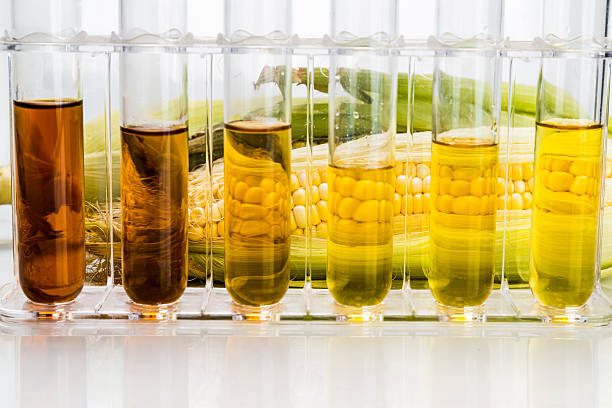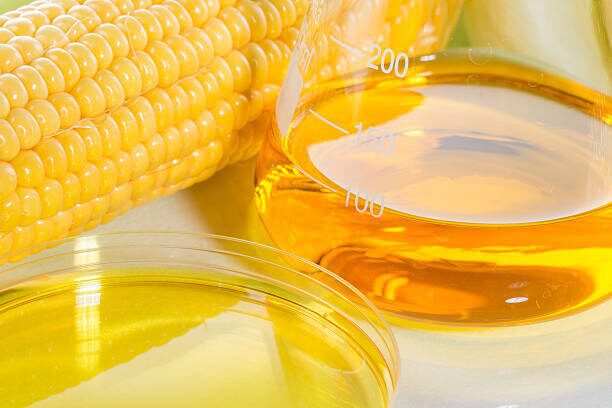We Perform Biodiesel Tests According to Industry Standards
We Perform Biodiesel Tests According to Industry Standards

Biodiesel Testing
Biodiesel testing is vital for ensuring fuel efficiency, compliance with regulatory standards, and safeguarding engine health. At ASAP Labs, we understand that biodiesel can be challenging. With the hydroscopic (i.e., attracting water) nature of biofuels combined with their vulnerability to cold temperatures, there are many opportunities for failure. In addition, questions often arise about the viability of fueling vehicles with straight vegetable oil (SVO) or waste oils from cooking and other processes. Using these “fuels” without intermediate processing/testing can cause engine failure and other issues. SVOs and other waste oils differ from biofuels and conventional diesel in important ways. SVOs are generally not considered acceptable vehicle fuels for large-scale or long-term use and should be tested on a regular basis.
Biodiesel can lead to clogged filters when subjected to cold weather. Many states allow up to 5 percent bio in diesel without having to inform end users. Different blends of biodiesel require different specifications in testing. It’s important to know the quality of your biodiesel before and after blending it with other fuel types.
To that end, ASAP Labs offers biodiesel testing in compliance with ASTM D6751. With over 30 years in the field, exceptional customer service, adherence to ASTM biodiesel testing standards, and state-of-the-art equipment, ASAP Labs ensures accuracy, speed, and satisfaction for every client.
For thorough biodiesel fuel testing with quick, dependable results, review our testing packages. If you have any questions or want more information, call us at 1-844-272-7400 or email [email protected].



